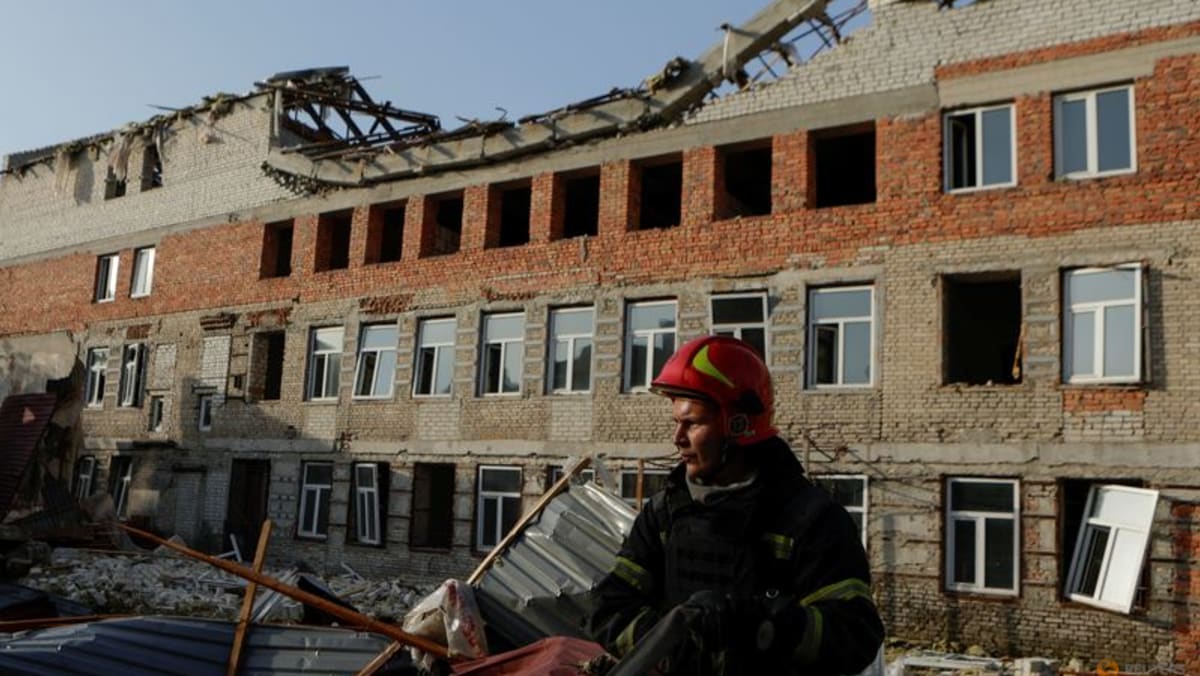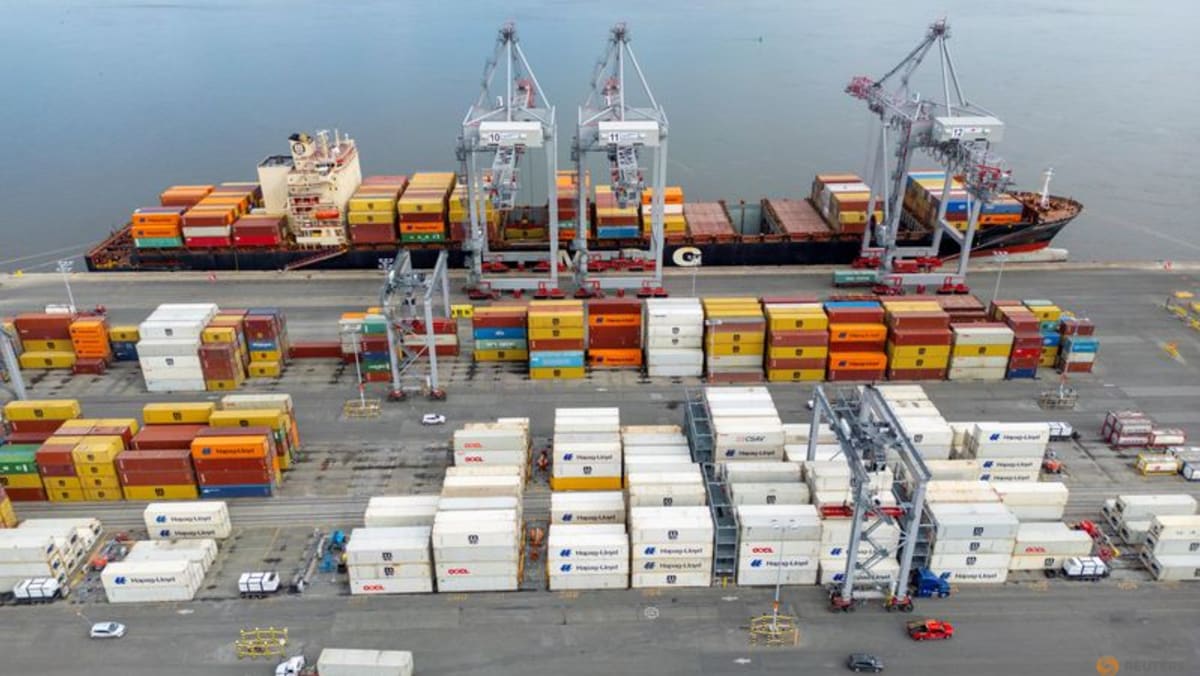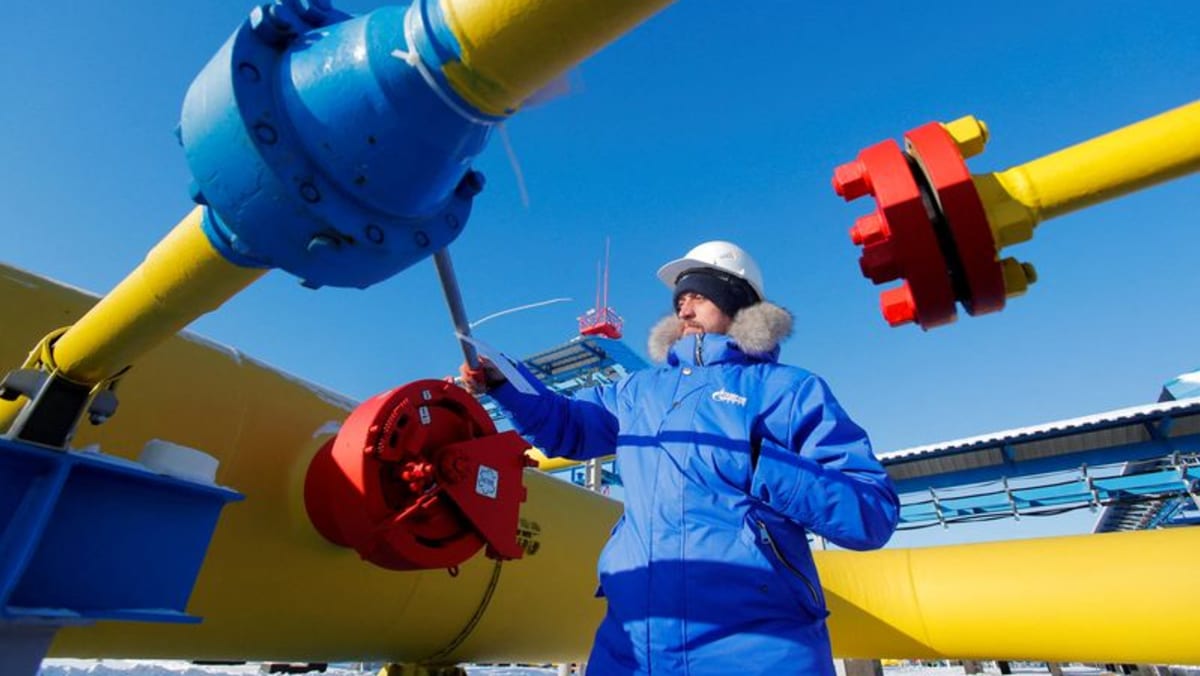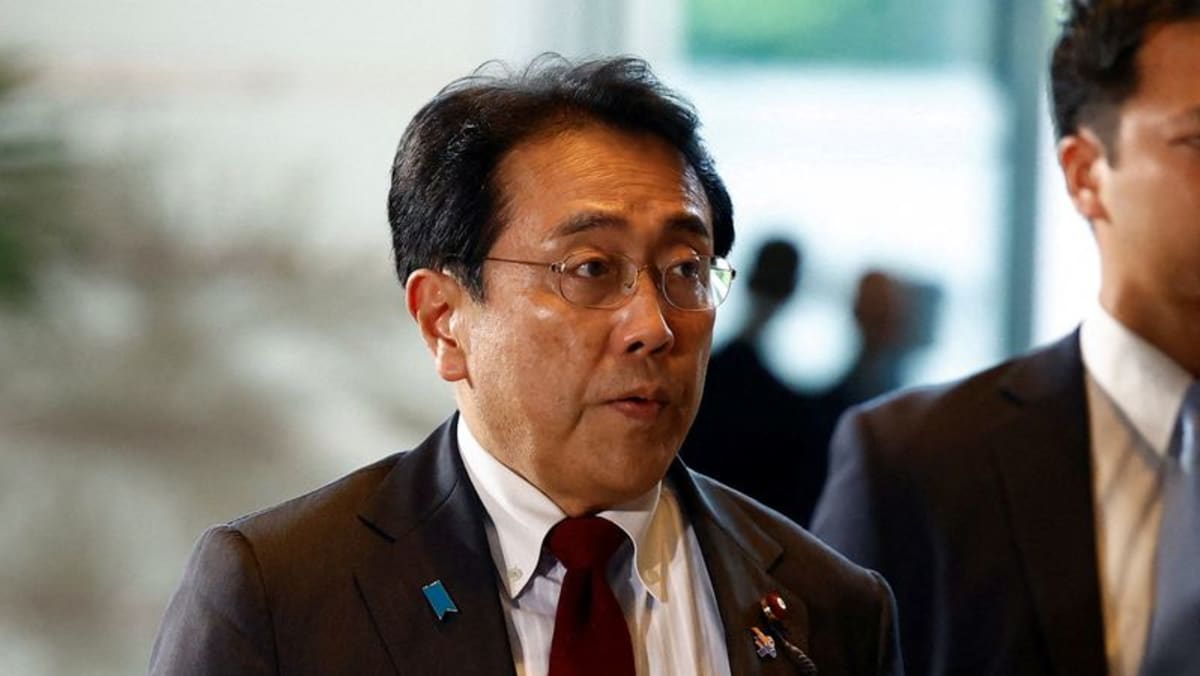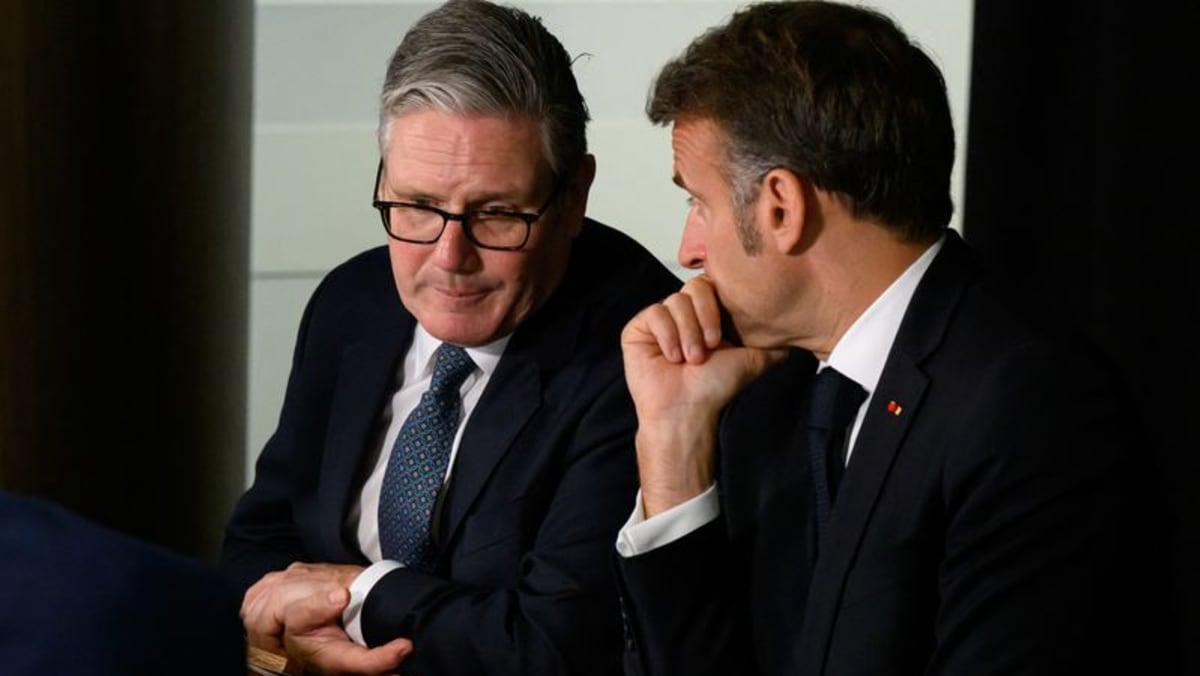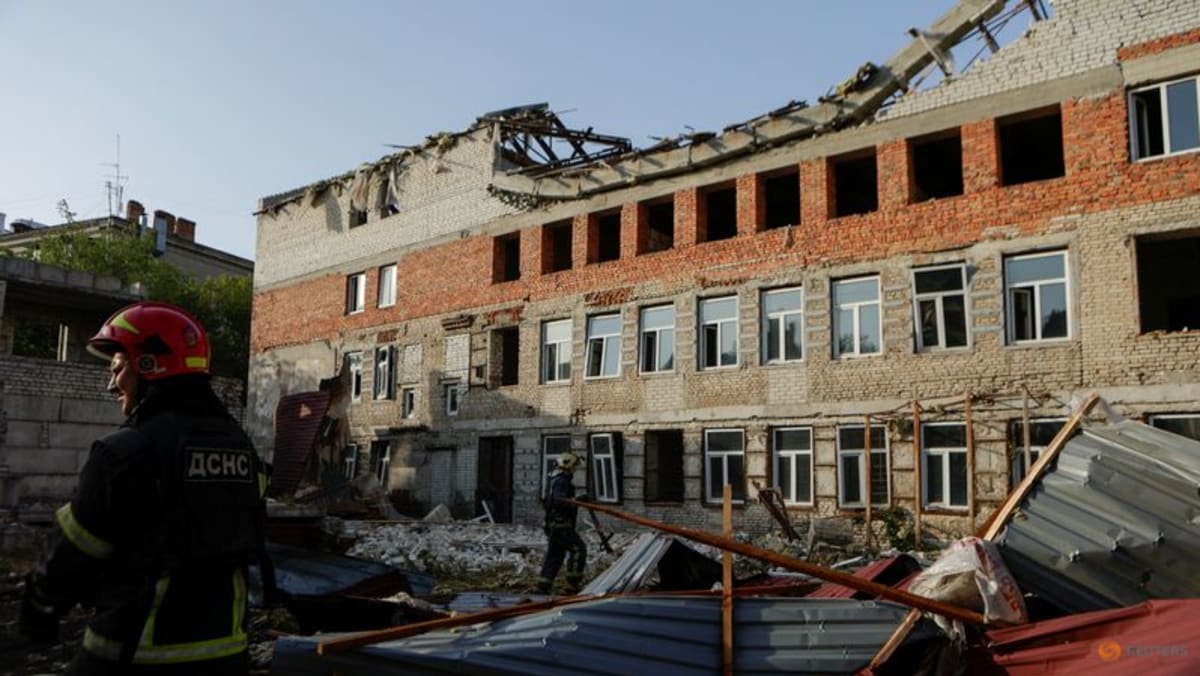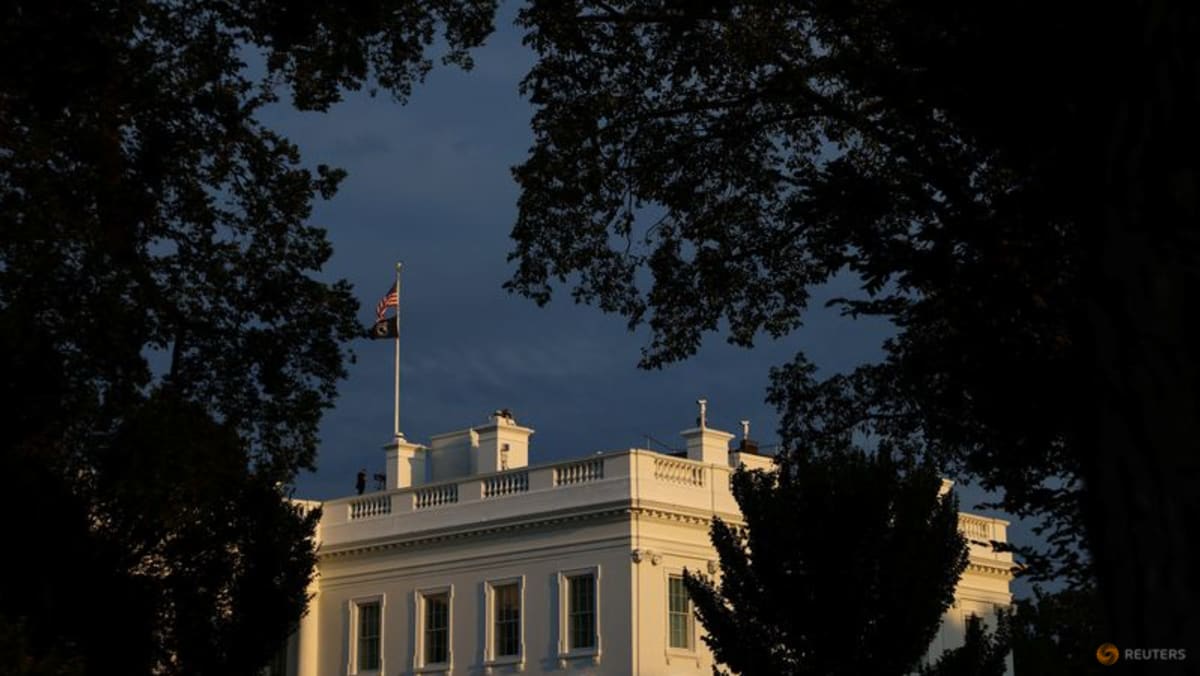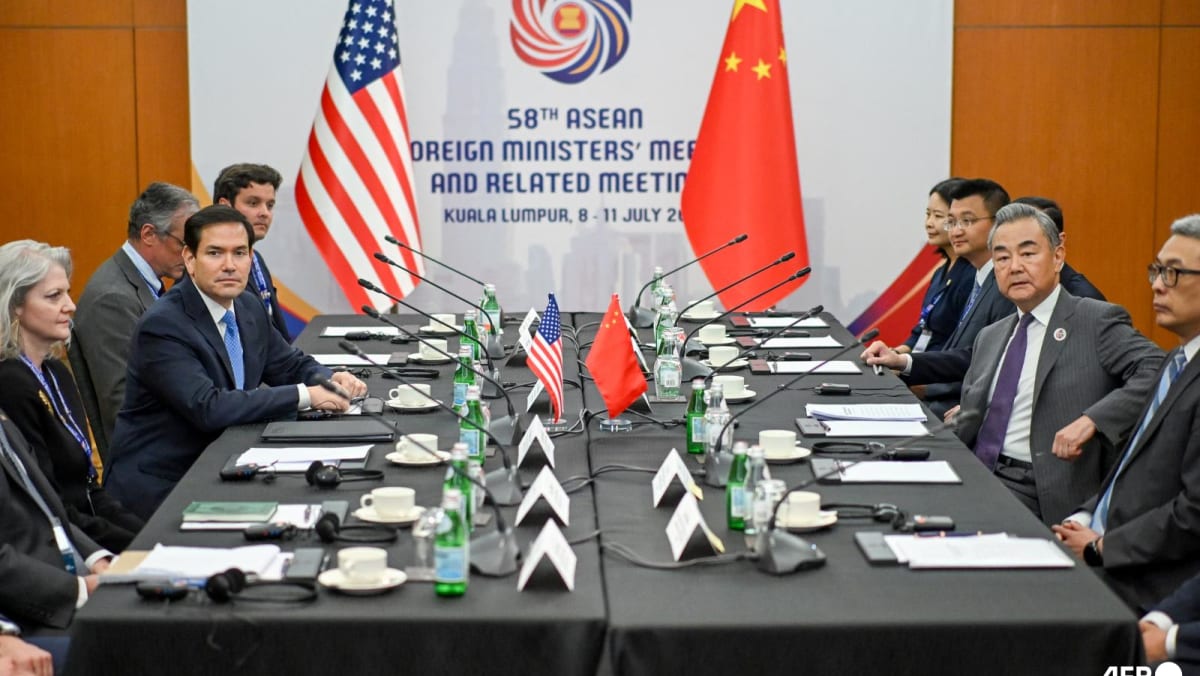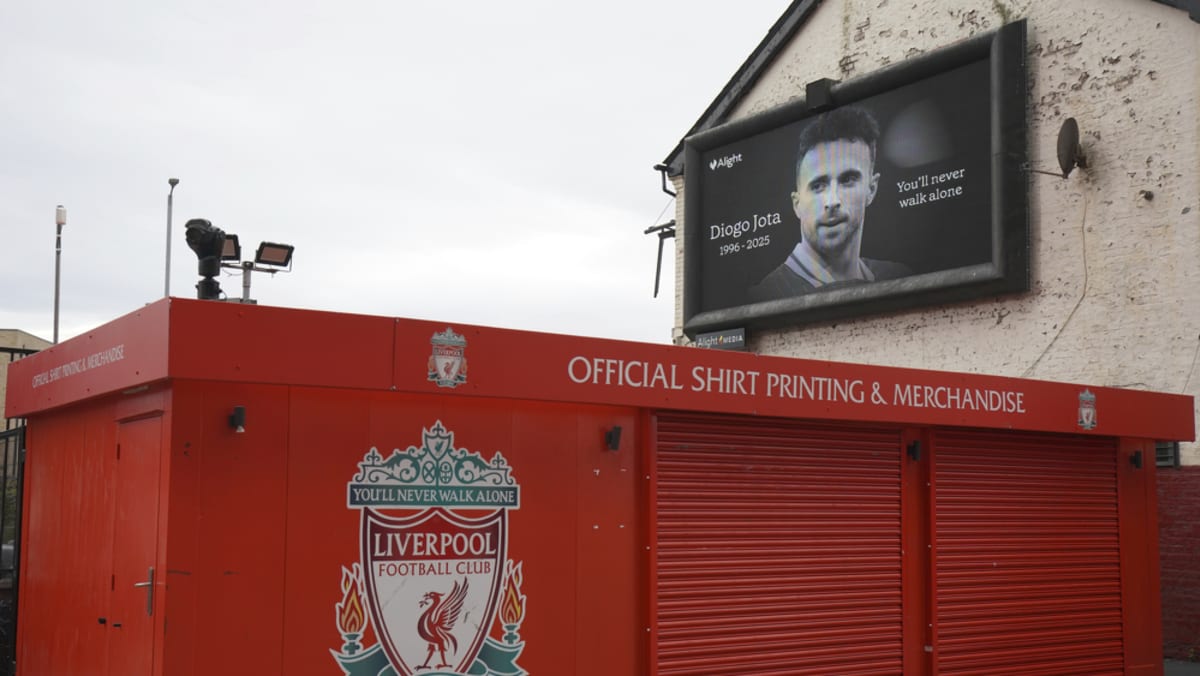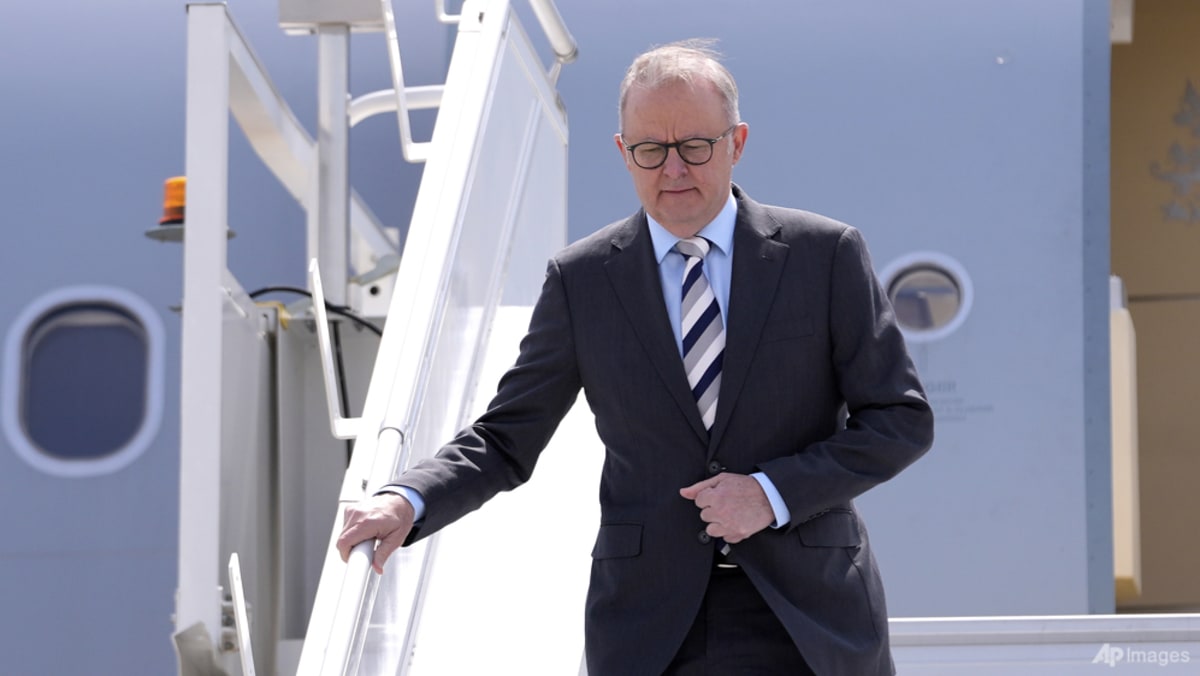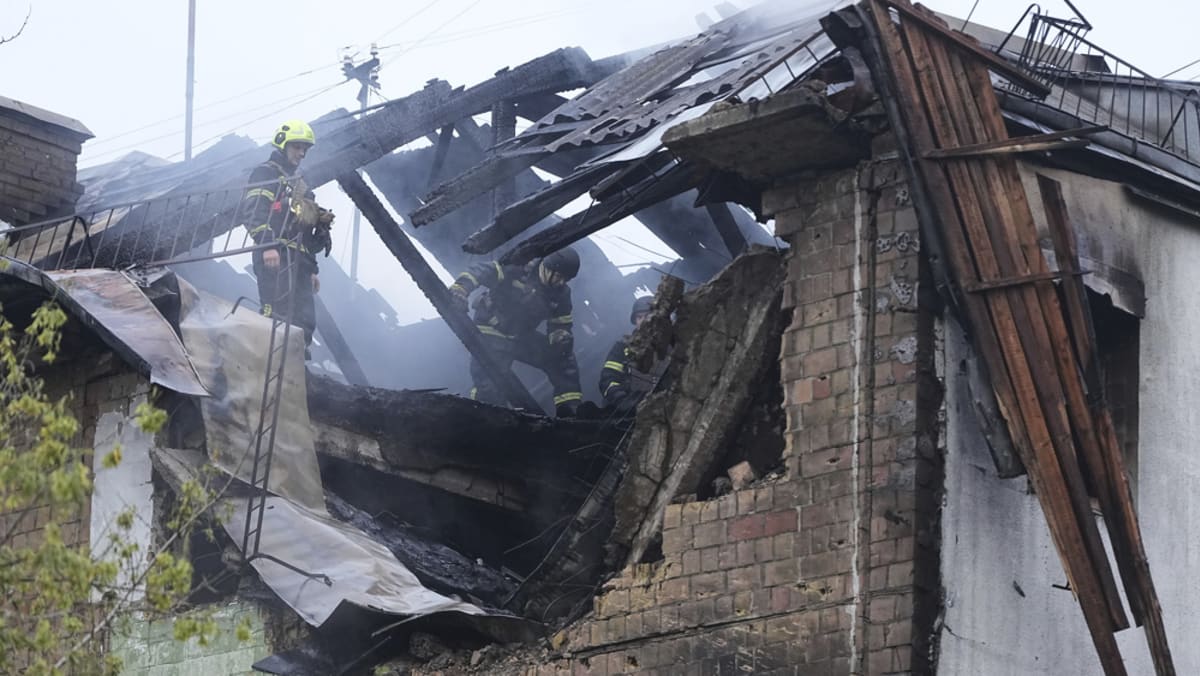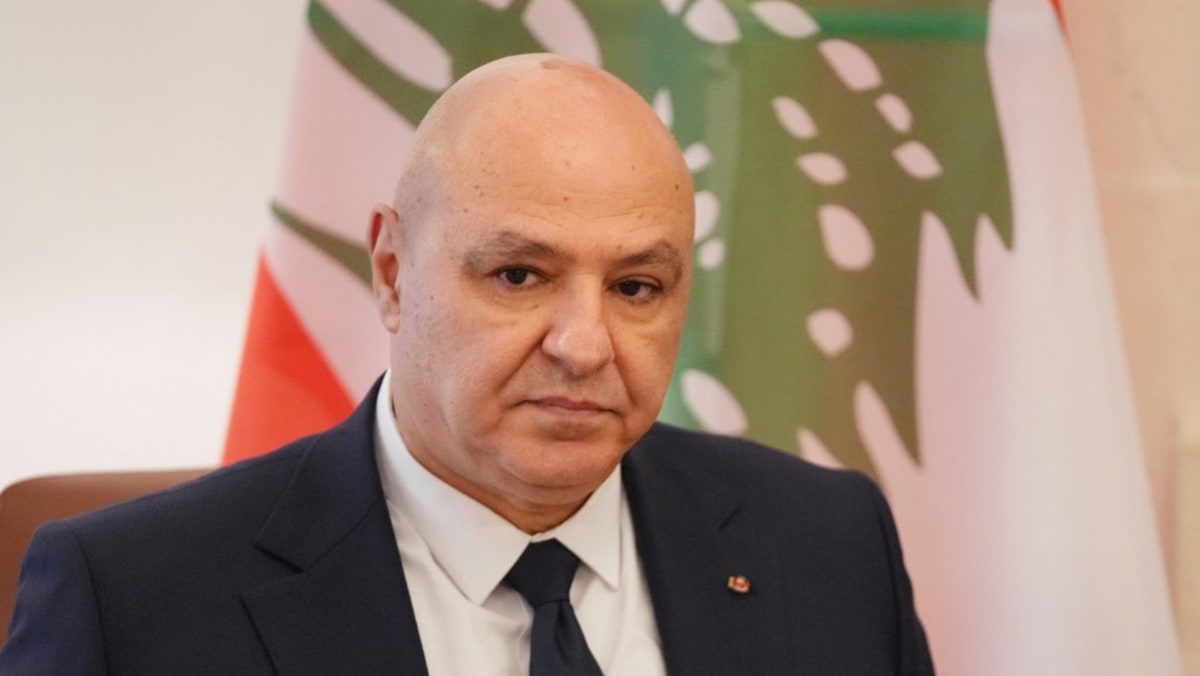Japan has been hit with 24 per cent levies on its exports to the United States although these rates have, like most of Trump’s tariffs, been paused for 90 days. But a 10 per cent universal rate remains in place as does a 25 per cent duty for cars, a mainstay of Japan’s export-reliant economy.
Bessent has said there is a “first mover advantage” given Washington has said more than 75 countries have requested talks. However, Japanese Prime Minister Shigeru Ishiba said on Monday that his country, a close US ally, won’t rush to reach a deal and does not plan to make big concessions.
Ishiba has, for now, ruled out countermeasures to the US tariffs.
“The difficulty for the Japanese team is that the United States has created a huge amount of leverage for itself, unilaterally,” said Kurt Tong, managing partner at The Asia Group, a Washington-based consultancy.
“The US is offering to not hit Japan with sticks, and Japan is stuck in a position of offering a whole lot of carrots. And from their perspective, it feels like economic coercion,” said Tong, a former State Department official.
Trump has long complained about the US trade deficit with Japan and other countries, saying US businesses have been disadvantaged by trade practices and intentional efforts by other countries to maintain weak currencies.
Tokyo denies it manipulates its yen currency to gain advantage.
